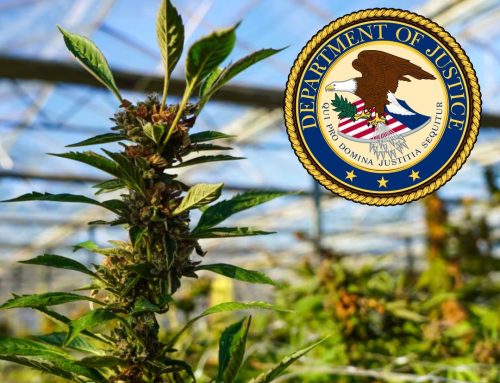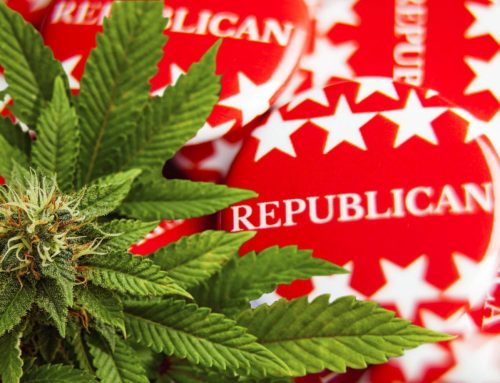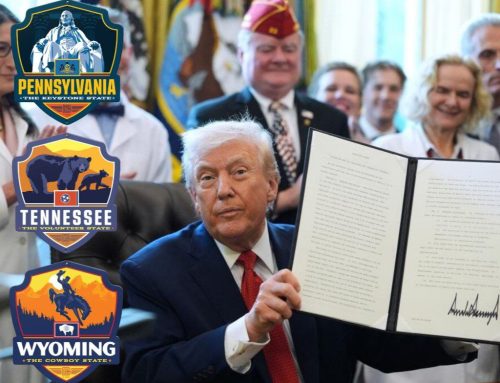Senate Pushes for Cannabis and Psychedelics Research Amid Schedule I Restrictions
WASHIGTON D.C. – The Senate Appropriations Committee approved a substantial spending bill addressing Labor, Health and Human Services, Education, and Related Agencies (LaborHHS), including provisions that could reshape the scope of research into Schedule I substances like Cannabis and Psychedelics. The legislation, now set for the Senate floor, reflects the growing bipartisan interest in overcoming barriers to studying these tightly regulated drugs, while maintaining restrictions on federal agencies promoting their legalization.
The attached Committee report highlights concerns over the Controlled Substances Act’s Schedule I classification, which places substances like Cannabis, psilocybin, and MDMA in the most restrictive category, limiting the scope and scale of scientific inquiry. The report emphasizes the need for robust data on these substances, particularly as public health challenges like opioid addiction and mental health disorders persist. It specifically calls out the National Institute on Drug Abuse (NIDA) for its efforts to identify research obstacles, such as limited access to dispensary-grade Cannabis for studies.
In a notable push for Psychedelics, the report urges the National Institutes of Health (NIH) to expand research into MDMA and psilocybin, citing their potential to treat conditions like depression, PTSD, and substance use disorders. It encourages NIH to collaborate with the Food and Drug Administration (FDA) to foster public-private partnerships to advance these studies. Additionally, the committee has tasked Health and Human Services Secretary Robert F. Kennedy Jr. with evaluating evidence-based care models for psychedelic-assisted therapies, with findings due in fiscal year 2027.
The bill itself, however, retains a provision prohibiting the use of federal funds to advocate for the legalization of Schedule I drugs, except in cases where there is significant medical evidence of therapeutic benefits or ongoing federally sponsored clinical trials. This duality reflects the delicate balance Congress is navigating:
Fostering scientific exploration while upholding existing regulatory frameworks.
Recent developments underscore this momentum. The Senate’s actions follow a GOP-led House committee’s approval of a defense bill amendment requiring updates on a psychedelic therapy pilot program for military veterans and active-duty service members. However, a separate bipartisan proposal to allocate $10 million for additional Psychedelics research was blocked by the House Rules Committee, signaling that not all efforts to expand funding are unopposed.
The Senate’s report also aligns with broader congressional interest in reforming drug policy research barriers. For instance, the Department of Veterans Affairs, under Doug Collins, is working with Kennedy to expand psychedelic therapy access for veterans, with potential implementation expected within the next year. Meanwhile, protections for state medical Cannabis programs remain intact, though a House proposal to block Cannabis rescheduling was omitted from the Senate’s version of the bill.
As the Senate prepares to debate this legislation, the focus on reducing research barriers for Schedule I substances signals a shift toward evidence-based policy-making. Whether these efforts will translate into broader access to Psychedelics or Cannabis-based treatments remains uncertain, but the committee’s actions mark a significant step in addressing long-standing regulatory hurdles.




































